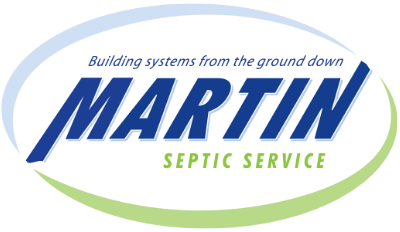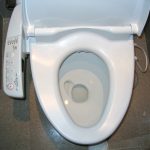How your Septic System Works
When looking to buy a new house, what happens with wastewater is often not thought about, but this is an important aspect of any home. There are two main ways that the drain system for your house disposes of wastewater; you will either be on a sewer system or septic tank. Most people are unfamiliar with how septic tanks work and that can cause concern with new homeowners.
Septic systems are specially designed to manage all wastewater from the house and disperse it in a way that is healthy for both you and the environment. To fully understand how a functioning septic system works we have to take a look at the various components.
Septic Tank
The septic tank is the first step on the way for wastewater. Every plumbing fixture from your house will flow into the septic tank to begin decomposing. Solid matter will sink to the bottom and create an environment conducive to bacterial activity. These bacteria will begin to breakdown the solid matter and release water called effluent and an oil that floats to the top.
The septic tank is made of two parts that are connected by L shaped pipes called baffles. These allow only the effluent water to move forward in the septic system. After going through this process twice the wastewater is ready to be released into the soil.
Drain Field
The drain field, or leach field is a series of perforated pipes that allow effluent water to disperse into the soil. These pipes are usually buried about one to two feet below ground and are surrounded by gravel to help evenly disperse the water. As this effluent water begins to sink down to the water table, the soil catches any additional bacteria or particles not removed in the septic tank. By the time it reaches the water table this water is completely safe.
How to Care for your Septic System
Understanding how your septic system works and caring for your septic system can help it last longer and keep it functioning well. There are several things to do when caring for a septic system.
- Careful what you Flush
Septic systems require a balance of bacteria and waste products in order to work well. If you flush too many solids or things that cannot be broken down by these bacteria, it can cause the system to clog. Disposable wipes, coffee grounds, feminine products, and many others can cause problems within your septic system.
- Watch where you Drive
Many times, homeowners will accidentally drive over the drain field, damaging a pipe and resulting in unpleasant smell and costly repair. So, make sure that you know where your drain field to avoid this potential problem.
- Avoid Additives
There are several additives that you can purchase that claim to help your septic system breakdown solids and improve the drainage of your field. Although these work as a temporary fix they destroy the natural bacteria required for a functioning septic system. If you’re having problems with your septic system not draining properly, it’s time to call in a septic professional.
- Regularly Clean the system
Regular cleaning of the tank is important to continued functioning of your system. It’s recommended to pump the tank every two to three years. A professional will also visually inspect the septic tank to make sure that there are no additional problems developing.
Signs of Failure
Knowing some of the signs of potential failure within your septic system can save you bigger problems later on. Things such as unpleasant smell around the septic field, slow draining toilets and sinks, or excess vegetation growth over the septic field can indicate that the system is not working properly. If you notice any of these signs of failure, it’s time to make a call to the professionals. Holding off on addressing any issues with your septic system will result in larger and more costly fixes down the line. So, make sure to address these issues promptly.
How a septic system works is a question that scares many homeowners; however, it isn’t something that needs to. With regular maintenance and monitoring for any potential problems, a septic system can last for several decades before needing to be replaced.







